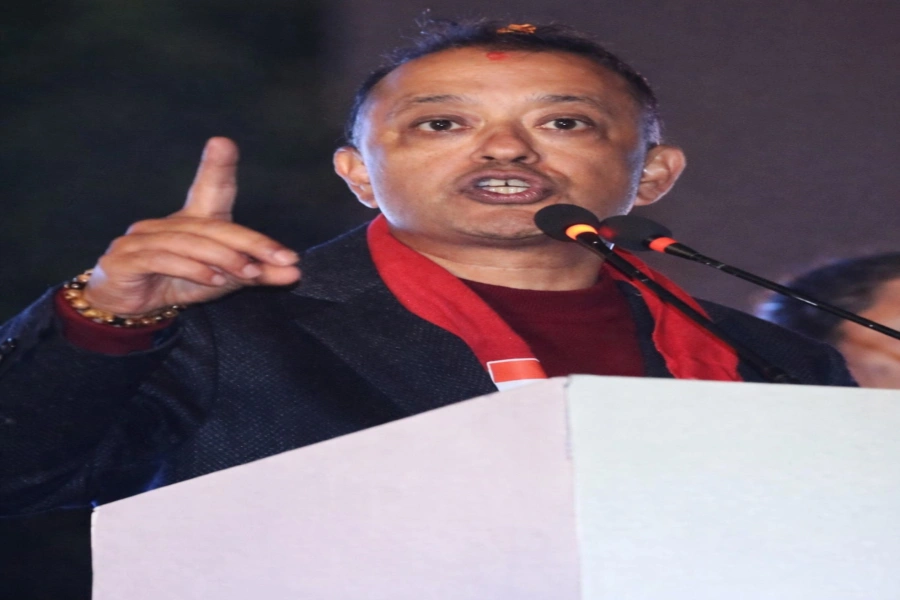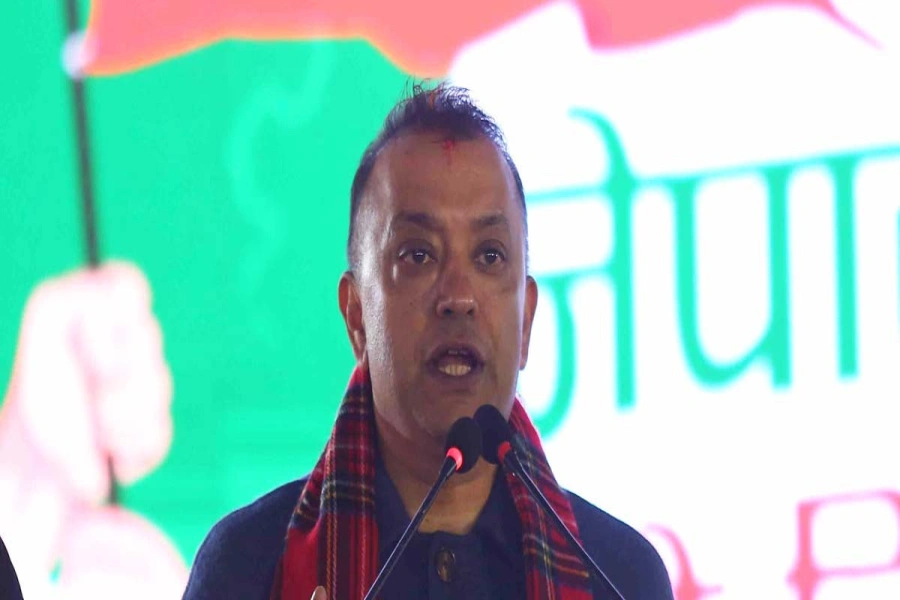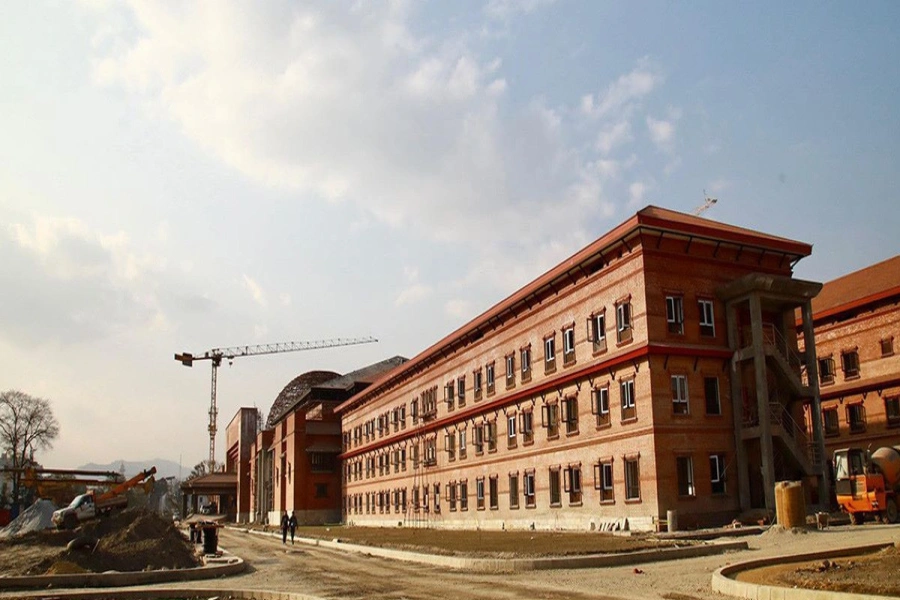"Officials from the Confederation of Nepali Industries (CNI) are engaged in formulation of primary draft of the PSDP," a senior official at the Ministry of Industry (MoI) told Republica. [break]"However, the draft will be based on the concept note that the World Bank has developed for us."
The draft of the PSDP that is being developed under the leadership of MoI, with the direct participation of private sector, aims at overhauling the existing factor markets and increasing their efficiency.
A PSDP strategy for Nepal would specifically focus on correcting market failures, reads the concept note that was developed by Gabi Afram and Khaleda Atta of the World Bank.
The policy aims to intervene in nine core areas, namely, labor market, credit market, product market, knowledge market, infrastructure, institutions, capacity building, business regulation and measurement, and incentives and accountability that are considered essential for proper development of different markets that are led by the private sector.
The policy will intervene on labor regulation and especially labor relations in the labor market, reads the concept note, which states private sector accounts for 70 percent of gross domestic product (GDP) of the country. The policy will also look at impediments to the development of credit markets and identify measures that will encourage access to finance.
"The policy will also look at how government can encourage markets, particularly export market. This will cover deregulation, export promotion and establishing export infrastructure," says the concept note made available to Republica.
The note states that weak factor markets including land, labor and capital access as well as poor access to transport, infrastructure services, in particular, are proving to be major constraints for businesses.
“These constraints are leading to economic inefficiency by generating significant transaction costs for firms, hence causing the markets to fail in Nepal," states the note. "The ultimate aim is to correct market failures and ultimately give a boost to the economy and create more jobs."
The policy, among others, will also make attempts to facilitate technology transfer, raise access to land, address problems related to power supply and deal with transport bottlenecks.
"Specific measures to address needs of existing industrial estates will also be identified," reads the concept note.
Additionally, the policy will also intervene in the areas of capacity building through public-private dialogue (PPD), business regulation and accountability in the administration of the country.
The government´s endeavor to formulate a PSDP after more than two decades of adopting open market economy has long-term goals such as jobs creation, increasing disposable income, luring foreign and private investment, maintaining peace and stability, and ensuring sustainable livelihoods.
Exercises to strengthen your core



































